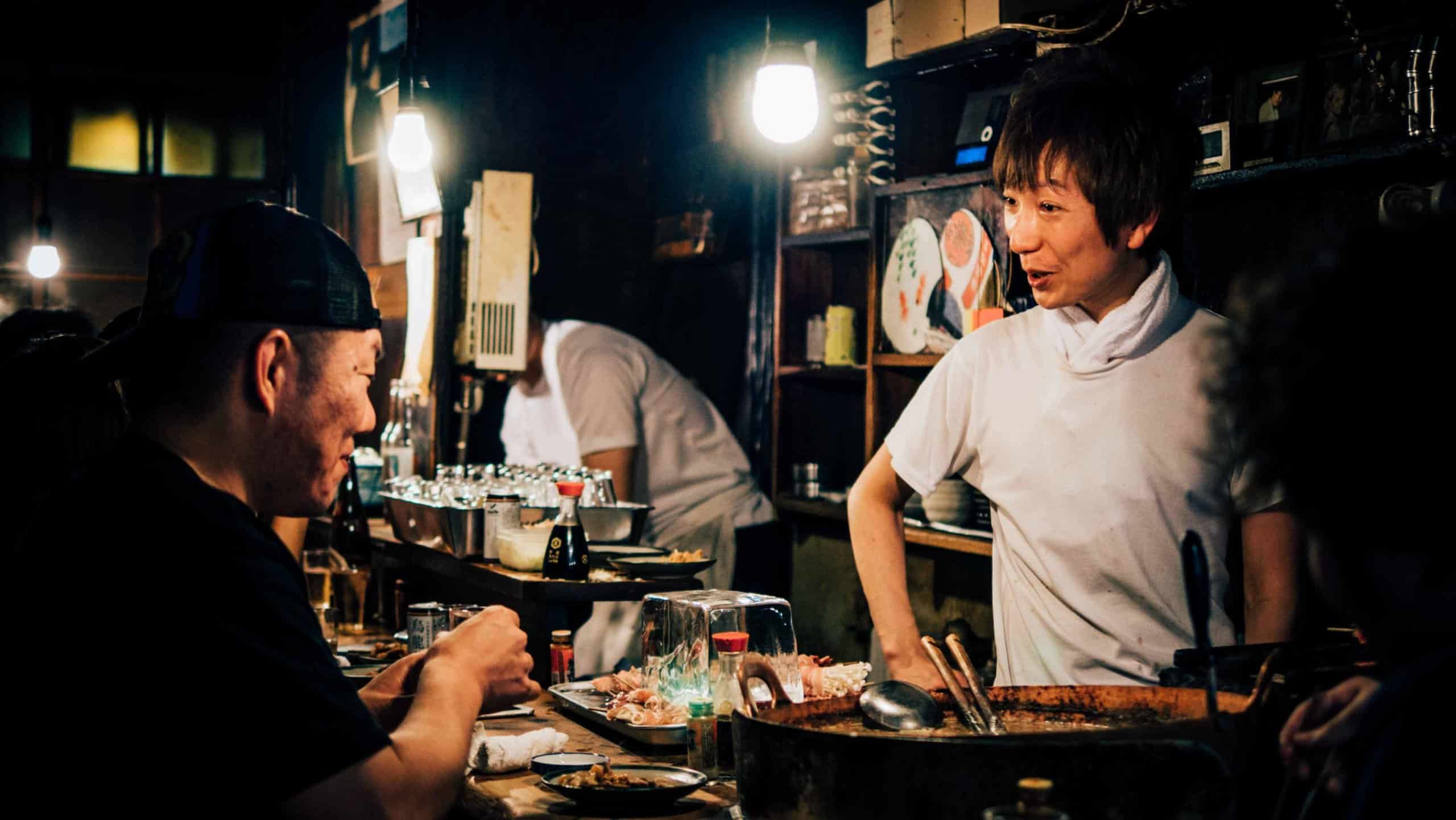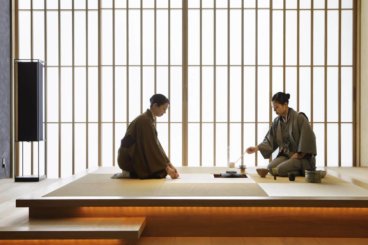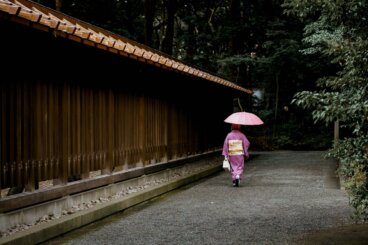If you’re traveling to Japan from a country where tipping is common, you may find it pleasantly challenging to get used to the fact that tipping is relatively rare in Japan.
In many if not most countries around the world, service workers expect tips, and often depend on them for their livelihood. However, in Japan it’s quite different. As alluded to in our full article on Japanese etiquette, most workers in service-related roles in Japan don’t depend on tips to survive.
Tipping Culture in Japan
Tipping in Japan is not expected, and attempts to leave a tip will almost certainly be turned down (a potentially awkward moment). In Japan, it’s thought that by dining out or drinking at a bar, you are already paying the establishment for good service.
Incidentally, it’s worth noting that at many restaurants, you make payment at the front register rather than at the table. You might think this would lead to indifferent or mediocre service, but nothing could be further from the truth.
As Oliver Strand writes in How Japan Has Perfected Hospitality Culture, “The service culture of Japan, which always over-delivers, directly contradicts the tipping culture of the United States, which supposedly incentivizes superior service but can have exactly the inverse effect.”

It’s true: almost without fail, wherever you go in Japan (from the most luxurious hotels, to the most humble ramen shops) you can expect to receive thoughtful, considerate service – with no strings attached.
(The country’s remarkable service culture is one of the many things we love about Japan.)
If you’re used to traveling elsewhere, it may feel strange to get out of a taxi without leaving a small tip, but it simply won’t be accepted.
It’s the same at cafes, restaurants, and bars. If you’re accustomed to being in places where baristas, waitstaff, and mixologists expect a tip, it can take extra effort at first to not leave a tip!
Exceptions to the Rule: When to Tip in Japan
There are, however, certain times when tipping may be appropriate, and both scenarios described below are likely to be relevant for many travelers visiting Japan.
Tipping Private Guides and Interpreters
Unlike guides in many other countries, private guides in Japan are paid quite well and generally do not depend on tips for their livelihood. However, even though in the past tipping was rarer, in recent years (thanks to Japan’s emergence as a popular destination, and the accompanying influx of tourists from around the world) it has become more common for travelers to tip guides.
Tipping is not required or necessarily expected, but if you feel inspired to tip your guide it will likely be appreciated and accepted. Because there is not much of a tipping culture in Japan, how much to tip is a matter of some debate. Our recommendation is to tip from the gut: if it feels right to you, it probably is. It’s hard to go wrong, since tips aren’t really expected in the first place!
Should you choose to tip, see The Proper Way to Give a Tip below for essential tipping etiquette.
Tipping at Ryokans
When you stay at a ryokan (a traditional Japanese-style inn), tipping may also be acceptable. For example, if you’ve had an exceptional stay with thoughtful, personalized service (as is likely to be the case at high-end ryokans), you may feel the desire to tip the nakai-san (your room attendant) or the okami (the ryokan’s proprietress) at the end of your stay.

Etiquette: The Proper Way to Give a Tip
When offering a tip in Japan, it would be considered uncouth to simply take out your wallet and hand over cash as-is.
The best way to offer a tip is by slipping clean bills into an envelope, and graciously handing the envelope to your recipient using both hands (they will also receive it with both hands). If you don’t have an envelope, you should be able to easily find one at any convenience store in Japan, but if getting to a conbini is not convenient, another option is to simply wrap the bills in a clean sheet of paper.
We hope this guide to tipping in Japan helps you in your travels! Learn more about money in our article on cash, credit cards, and ATMs, or see our post, Is Japan Expensive?



